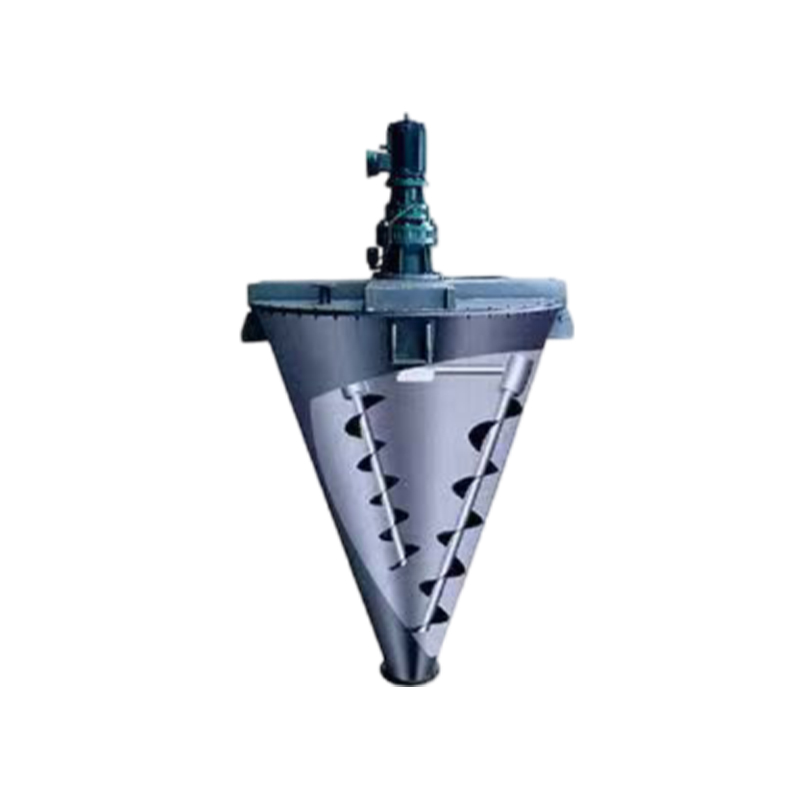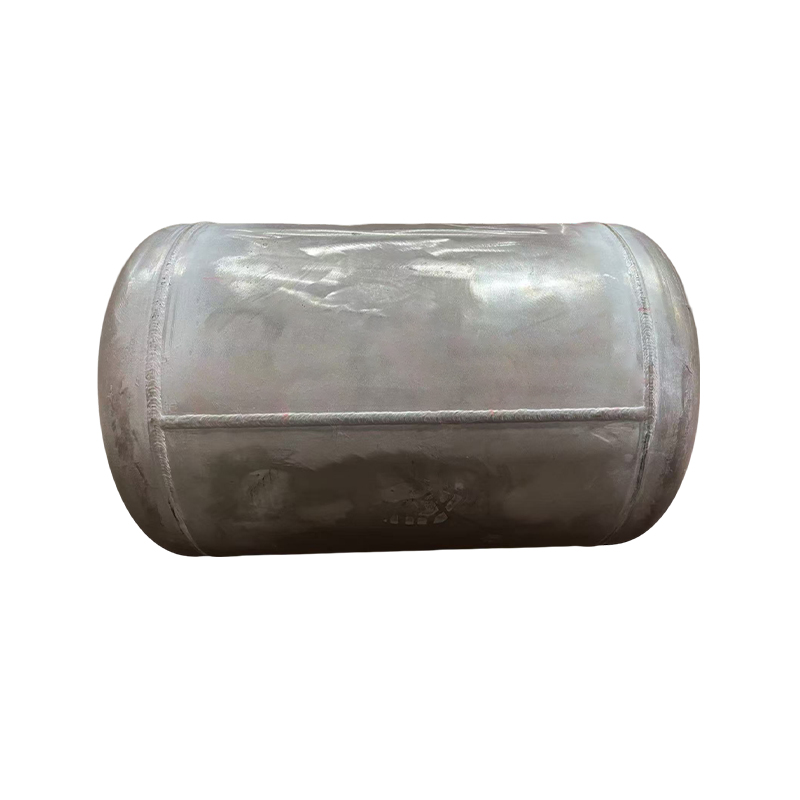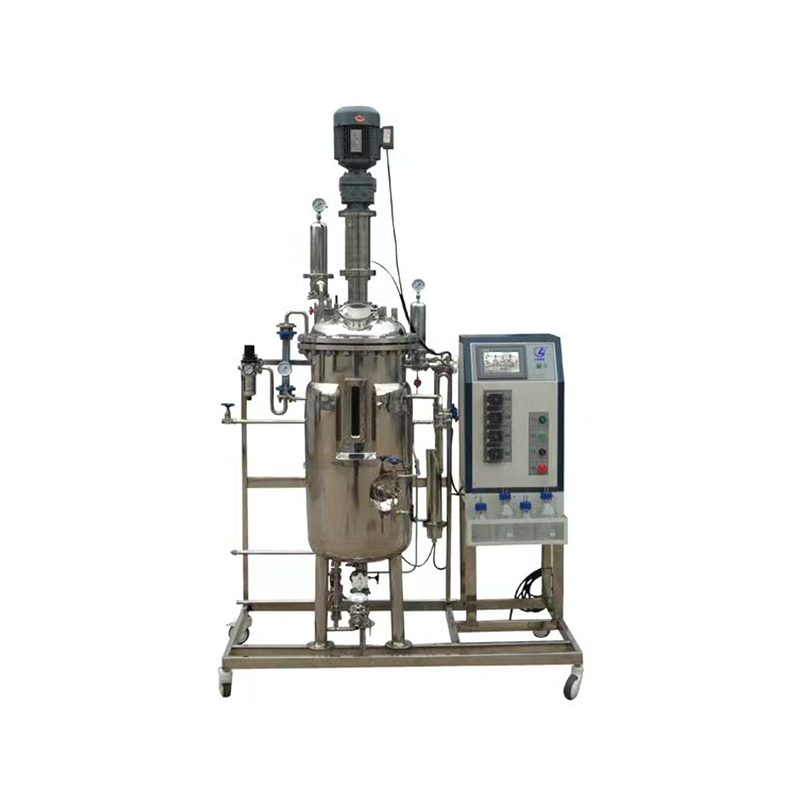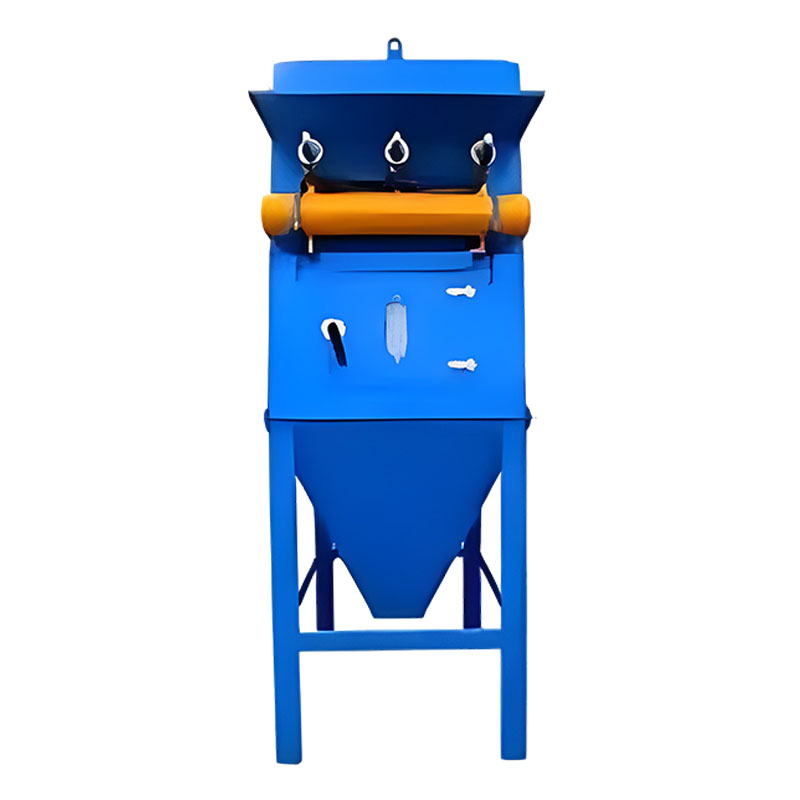What are the special requirements for the inner wall coating of aluminum cans for different types of food?
Release Time : 2025-02-14
As a food packaging container, aluminum cans are widely used in the packaging of various types of food because of their lightness, corrosion resistance, easy processing and recycling. However, different types of food have different requirements for the inner wall coating of aluminum cans. In order to meet these requirements, aluminum cans manufacturers use a variety of special coating technologies in the production process.
For acidic foods, such as tomato products, juices and pickles, the inner wall coating of aluminum cans needs to have excellent acid resistance. This is because acidic foods easily react chemically with metals, causing metal ions to dissolve into the food, which not only affects the taste of the food, but also may pose a potential threat to human health. Therefore, this type of aluminum cans is usually treated with acid-resistant coatings on the inner wall to ensure the safety and stability of the food.
For sulfur-containing foods, such as canned fish, the inner wall coating of aluminum cans needs to have anti-sulfur properties. Sulfur compounds easily react with metals during the canning process to produce bad odors and harmful substances. Therefore, this type of aluminum cans usually use anti-sulfur coatings for inner wall treatment to reduce the contact between sulfur compounds and metals and maintain the original flavor and safety of the food.
In addition, for sensitive foods such as chocolate, the inner wall coating of aluminum cans also needs to have the ability to prevent odor transmission. This is because foods such as chocolate are very sensitive to odors and easily absorb bad odors in the surrounding environment. Therefore, this type of aluminum cans usually use special coating technology, such as adding carbohydrates such as cyclodextrin, to absorb and isolate odors and maintain the pure taste of food.
In addition to the above special requirements, the inner wall coating of aluminum cans also needs to have good adhesion and wear resistance. Coatings with strong adhesion can fit tightly on the inner wall of aluminum cans to prevent the coating from falling off and contaminating food. Coatings with good wear resistance can resist the mechanical friction of food during canning, transportation and storage, and extend the service life of aluminum cans.
In summary, for different types of food, the inner wall coating of aluminum cans has different special requirements. These requirements not only reflect the high attention of aluminum cans manufacturers to food safety and stability, but also promote the continuous innovation and development of aluminum cans coating technology. As consumers' requirements for food safety and health continue to increase, the future aluminum cans inner wall coating technology will be more intelligent, environmentally friendly and personalized to meet more diverse food packaging needs.
For acidic foods, such as tomato products, juices and pickles, the inner wall coating of aluminum cans needs to have excellent acid resistance. This is because acidic foods easily react chemically with metals, causing metal ions to dissolve into the food, which not only affects the taste of the food, but also may pose a potential threat to human health. Therefore, this type of aluminum cans is usually treated with acid-resistant coatings on the inner wall to ensure the safety and stability of the food.
For sulfur-containing foods, such as canned fish, the inner wall coating of aluminum cans needs to have anti-sulfur properties. Sulfur compounds easily react with metals during the canning process to produce bad odors and harmful substances. Therefore, this type of aluminum cans usually use anti-sulfur coatings for inner wall treatment to reduce the contact between sulfur compounds and metals and maintain the original flavor and safety of the food.
In addition, for sensitive foods such as chocolate, the inner wall coating of aluminum cans also needs to have the ability to prevent odor transmission. This is because foods such as chocolate are very sensitive to odors and easily absorb bad odors in the surrounding environment. Therefore, this type of aluminum cans usually use special coating technology, such as adding carbohydrates such as cyclodextrin, to absorb and isolate odors and maintain the pure taste of food.
In addition to the above special requirements, the inner wall coating of aluminum cans also needs to have good adhesion and wear resistance. Coatings with strong adhesion can fit tightly on the inner wall of aluminum cans to prevent the coating from falling off and contaminating food. Coatings with good wear resistance can resist the mechanical friction of food during canning, transportation and storage, and extend the service life of aluminum cans.
In summary, for different types of food, the inner wall coating of aluminum cans has different special requirements. These requirements not only reflect the high attention of aluminum cans manufacturers to food safety and stability, but also promote the continuous innovation and development of aluminum cans coating technology. As consumers' requirements for food safety and health continue to increase, the future aluminum cans inner wall coating technology will be more intelligent, environmentally friendly and personalized to meet more diverse food packaging needs.







